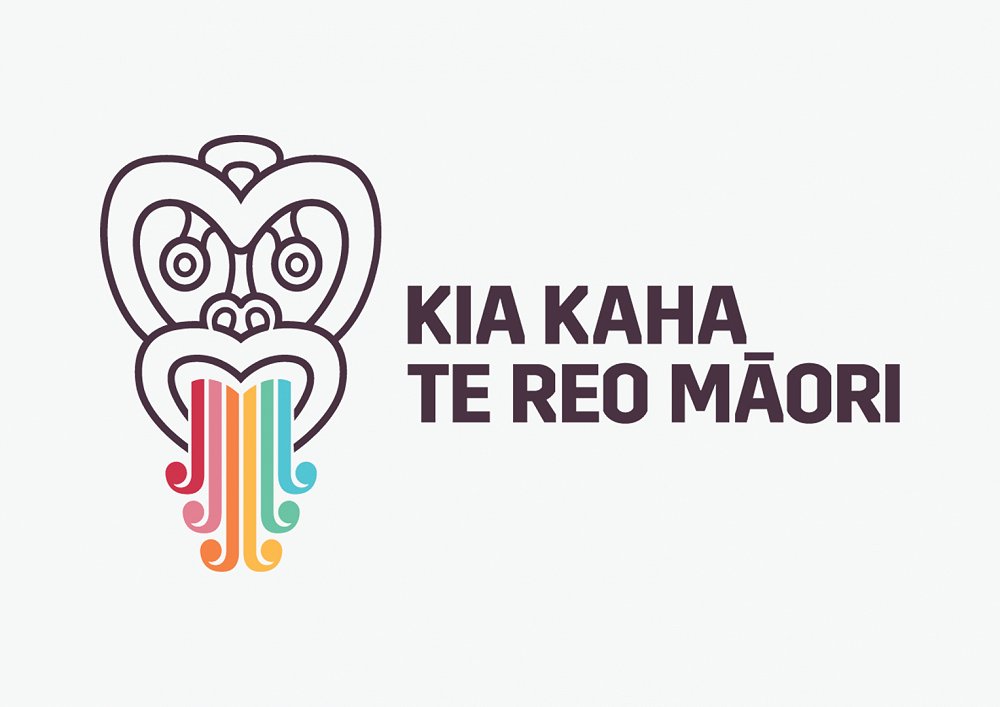
Synod endorses Māori Language Competency Guidelines
The Tikanga Pākehā Conference has had Māori Language Competency Guidelines in place since 2014 and at Synd this year we endorsed these and made them part of our Standing Resolutions.
A Standing Resolution becomes (essentially) part of our "rules", and gives us more incentive and encouragement to make something a part of "how we do things" throughout the Diocese.
Here are the Tikanga Pākehā Conference guidelines that we have endorsed in this way:
The Tikanga Pākehā Conference adopts as a Standing Resolution the following set of Guidelines for Māori Language Competency:
(1) for ordained persons in Tikanga Pākehā in respect of competency in Māori
Language and culture, and
(2) for Tikanga Pākehā as a whole, particularly for those in licensed lay ministry.
Guidelines
In Language:
1. Correct pronunciation of Māori words.
2. Confident participation in liturgical Māori as found in A New Zealand Prayer Book – He Karakia Mihinare o Aotearoa
3. Familiarity with greetings and salutations
4. Familiarity with a selection of well-known waiata and himene
5. Construct and deliver a simple mihi
6. Ability to deliver an intelligible public reading of Scripture in Māori
7. Confidence and competence to conduct liturgies in Māori in their entirety.
In Culture:
1. Awareness of and respect for the status of Māori culture in this country
2. Prepare for a Marae visit
3. Participate in a Marae visit and engage in reflection on it
4. Worship with local Māori in their setting
5. Readiness to participate in Tangi if called upon so to do
6. Gain an understanding of local Māori history and current concerns
7. Gain a basic understanding of Tribal demography
What does this all mean for us now?
Many of us are quietly working away on this, but these guidelines give us something to measure our selves up against. We will be exploring ways we can incorporate theses guidelines into any training opportunities and bring them alive in our own situations.
At Synod, Rev'd Andrea McDougall (from Oamaru-Maheno Parish) reminded us of resources we already have on our website to suppor tus becoming more comfortable and confident in Te Reo Māori:
Te Reo Resources - these include Te Reo Māori resources of Prayers and Blessings that you can use. We have some brief sound clips as well to help with pronunciation. The recordings are by Victor Mokaraka, a lecturer at St John’s Theological College, Auckland.
The Reo Resources for the Eucharist - The Aotearoa New Zealand Prayer Book / He Karakia Mihinare o Aotearoa provides liturgies in English, Te Reo, Tongan and Fijian. We have been blessed to receive audio clips of the Eucharistic Liturgy found on page 476 of the prayer book in Te Reo Māori. The recordings are by Victor Mokaraka, a lecturer at St John’s Theological College, Auckland.
These audio clips are broken up into eight bite size sections: the words below each clip corresponded to the audio clip above them. All you have to do is play the audio clip and follow along with the words below.
If you are unfamiliar with Te Reo we recommend you use a prayer book while looking through this resource, as the prayer book has English text on the opposite page to help make it easier for you to follow.
